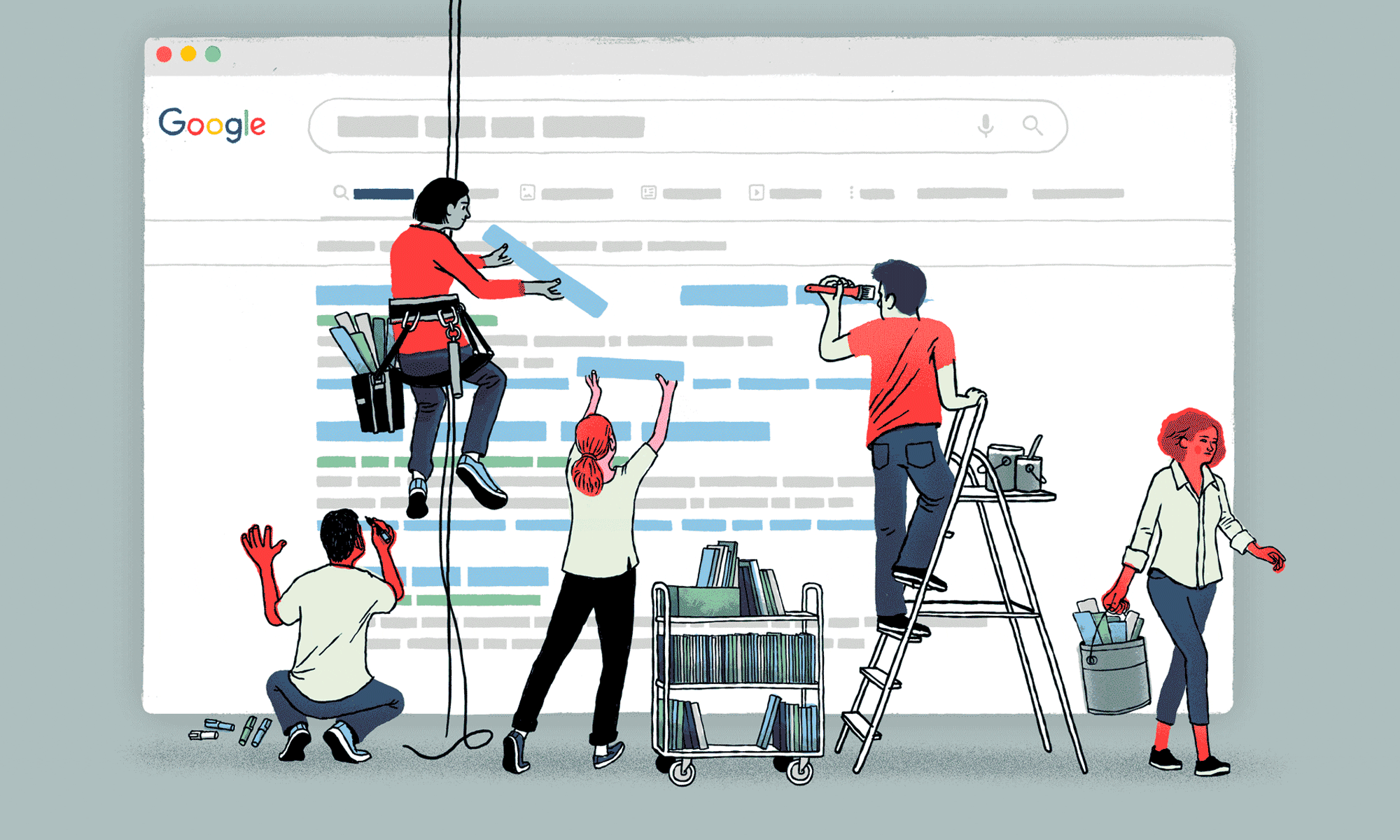Google and Facebook are two of the largest Internet giants that have a significant impact on how people use the Internet. While Google is primarily a search engine that provides accurate and relevant search results, Facebook is a social networking platform focused on connecting people with friends and family. Both Google and Facebook heavily rely on advertising revenue, but have different approaches to targeted advertising based on user data. Despite concerns about data privacy, Google and Facebook continue to innovate and expand their reach in the digital world.
Introduction
Google and Facebook are two of the most popular and influential Internet giants in the world. Both of these companies have become household names and have a significant impact on how people use the Internet. Although both Google and Facebook have some similarities, there are also some key differences between these two companies. This article will compare and contrast Google and Facebook, highlighting their strengths, weaknesses, and overall value to the Internet community.
Background of Google and Facebook
Google and Facebook have origins that differ in many ways. Google, which was founded in 1998 as a search engine, has become a household name and has expanded its reach to other fields, such as online advertising, email services, and mobile phone software development. In contrast, Facebook was founded in 2004 as a social networking service and has since grown to have over 2.8 billion active users worldwide, becoming the largest social media platform on the Internet.
Search vs Social
The most notable difference between Google and Facebook is that Google is primarily a search engine, while Facebook is primarily a social networking platform. Google allows users to search for information on the Internet, while Facebook allows users to connect and share information with others who are part of their social network. Google is more focused on providing accurate and relevant search results to its users, while Facebook is more focused on connecting people with friends and family, as well as providing a platform for businesses to advertise their services.
Advertising Revenue
Another difference between Google and Facebook is their use of advertising revenue. Google generates the majority of its revenue from advertising through its search engine and other online services, such as YouTube and Google Maps. Facebook, on the other hand, generates most of its revenue from advertising on its social networking platform. While both companies rely heavily on advertising revenue, they have different approaches to advertising. Google uses targeted advertising based on user search history, while Facebook uses targeted advertising based on user’s likes, interests, and behavior on the social networking platform.
Data Collection
Google and Facebook are also known for their data collection practices, although they differ in how they collect and use data from their users. Google collects data through its search engine, email services, Google Maps, and other online services to personalize search results, provide location-based services, and improve overall user experience. Facebook collects data through user profiles, posts, and behavior on the platform to personalize ads, improve its algorithm, and enhance user experience. Many people have raised concerns about data privacy with both companies and have called for increased regulation of data collection practices.
Conclusion
While both Google and Facebook have a significant impact on the Internet, they have different strengths, weaknesses, and strategic priorities. Google is more focused on providing users with accurate and relevant search results, while Facebook is more focused on connecting people and providing a platform for social networking. Both companies rely heavily on advertising revenue but have different approaches to collecting and using user data. Although there are concerns about data privacy with both companies, they continue to innovate and expand their reach in the digital world.
